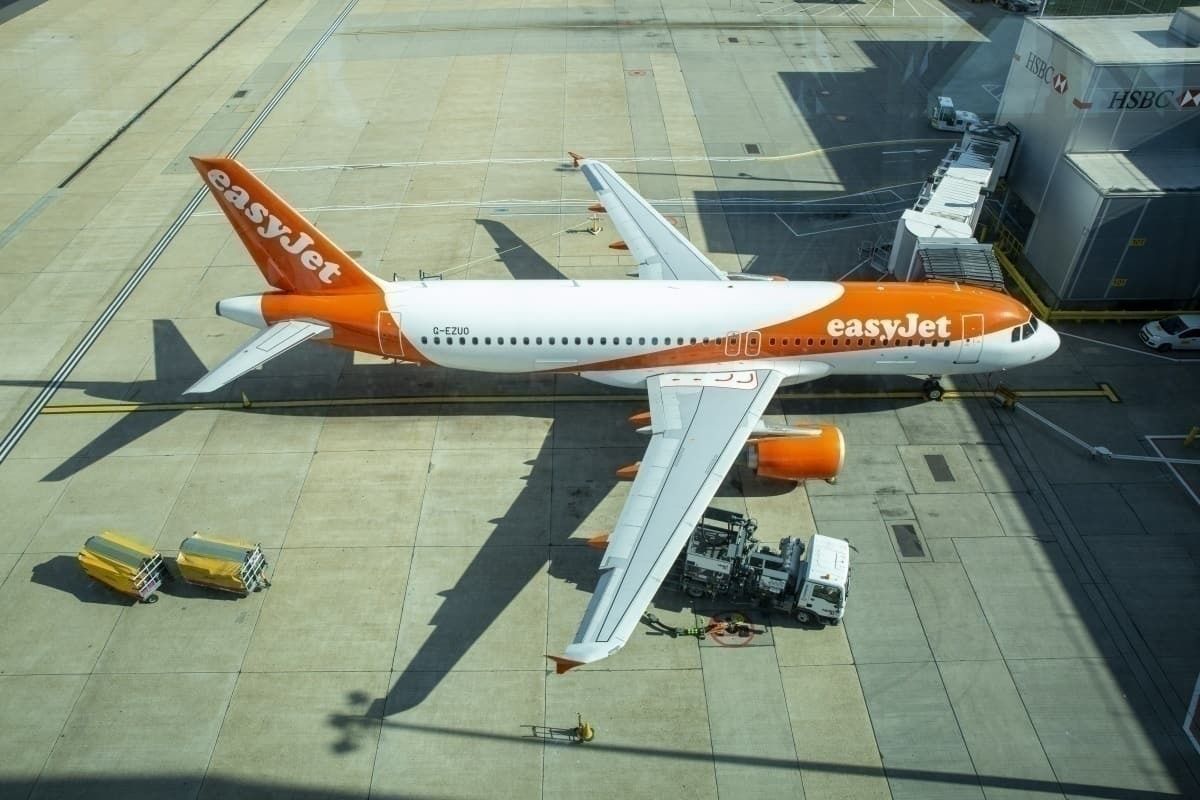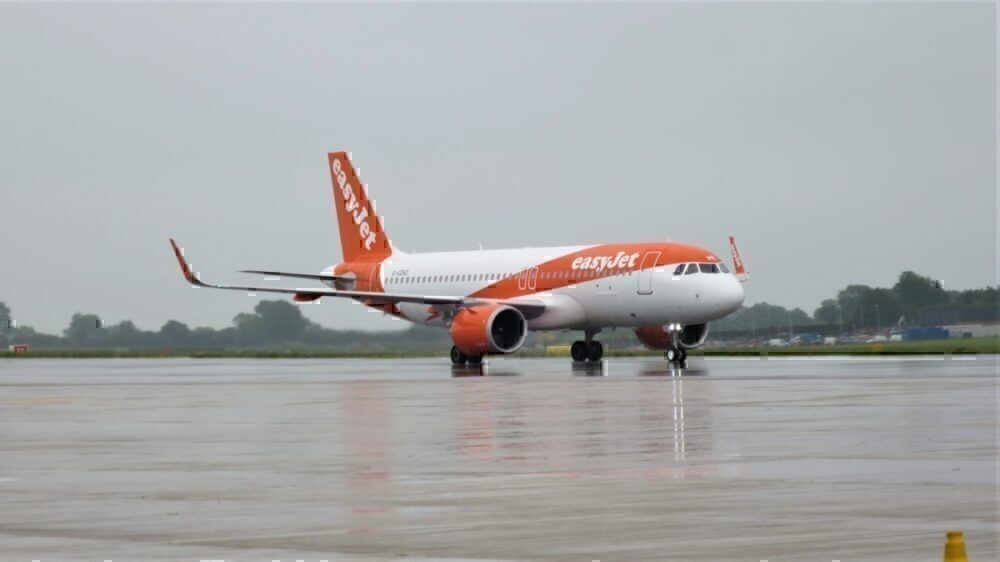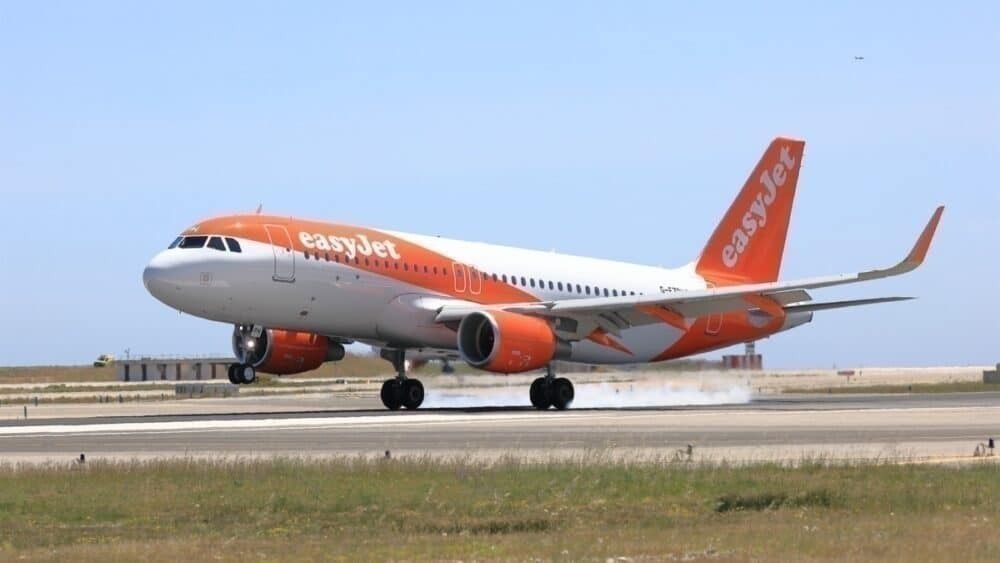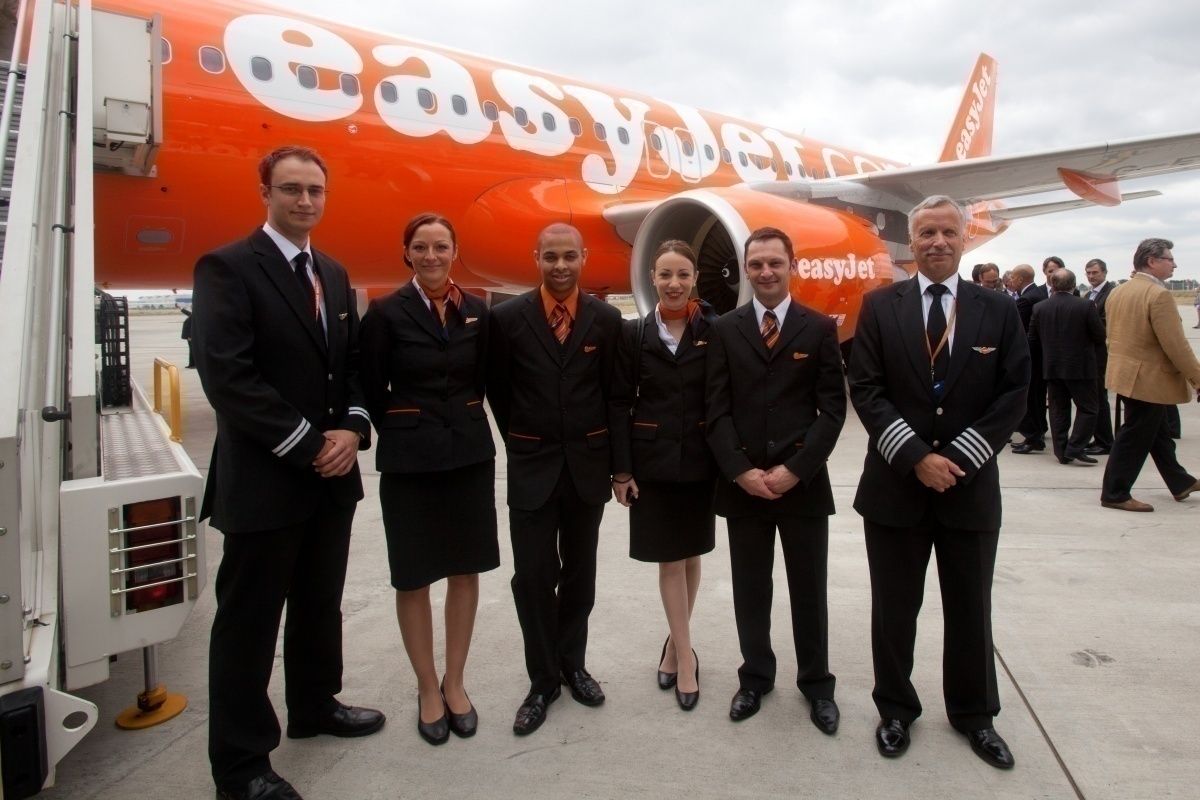easyJet has entered into a sale-and-leaseback agreement this week for six of its A320neo aircraft. The low-cost airline announced on June 26th that it would agree with SMBC Aviation Capital to raise extra funds to weather the coronavirus.
easyJet raises funds through aircraft sales
The COVID-19 pandemic has not been easy on any airline. With grounded fleets and schedules suddenly axed, many have felt the pinch of liquidity issues and uncertainty about the future.
Throughout the pandemic, easyJet has been focusing its efforts on staving off the ill-effects of the travel slump. The toll of parking aircraft for 11 weeks came with a hefty price tag of £1bn for easyJet. However, things now seem to be looking up.
Earlier this week, the low-cost carrier made a breakthrough with the sale of six of its Airbus aircraft. On June 26th, easyJet announced that it had entered into a sale-and-leaseback agreement for some of its A320neo fleet. The aircraft, which are between six months and two years, will be sold to the Irish leasing company SMBC Aviation Capital.
The sale of the aircraft will generate £206m ($255m) of liquidity to strengthen easyJet's financial position. The proceeds of this transaction will go towards the £500-650m ($616-802m) target that easyJet drafted in May. On the 28th of last month, it said that it could realistically raise this sum money through the sale of its aircraft.
How else is easyJet increasing its liquidity?
Under this agreement, easyJet has a leaseback term of between 110-122 months. To add to the success of this sale, the airline has set out a plan for selling more of its aircraft. The company said the following according to an official statement:
"easyJet and SMBC Aviation Capital have also identified other unencumbered aircraft in the easyJet fleet and, if easyJet decide to sell these aircraft over the next 18 months, SMBC Aviation Capital will be [the] preferred partner for the transaction under financial metrics equivalent to those already established in the transaction..."
Determined to keep its position in the market, easyJet has found numerous ways to keep itself afloat. It plans to sell £60m worth of new shares to raise additional funds. This figure represents around 15% of the existing shares in the company.
In addition, it's also been able to take advantage of the coronavirus funding package from the UK government. Under the COVID Corporate Financing Facility (CCFF), easyJet was awarded £600m ($740m) as an emergency loan on April 6th.
Is the worst over?
Thanks to its fundraising, easyJet has managed to raise £1.7bn ($2.1bn) to date. It had initially intended to raise £2bn but adjusted its projections on June 23rd to £2.4bn. Either way, it's making good headway and has a few resources it can pull on to make the sum it needs.
That said, it's not been good news all round. easyJet has warned that the pandemic could force it to ax up to 30% of its jobs, affecting some 4,500 staff members. Of course, it's doing everything it can to prevent that happening and hopes that by the end of August, it will be flying to 75% of its usual route network. It's a far cry from the growth it would undoubtedly have liked, but it does show that the airline could well be through the worst of it all.
What do you make of this story? Have your say in the comments.




